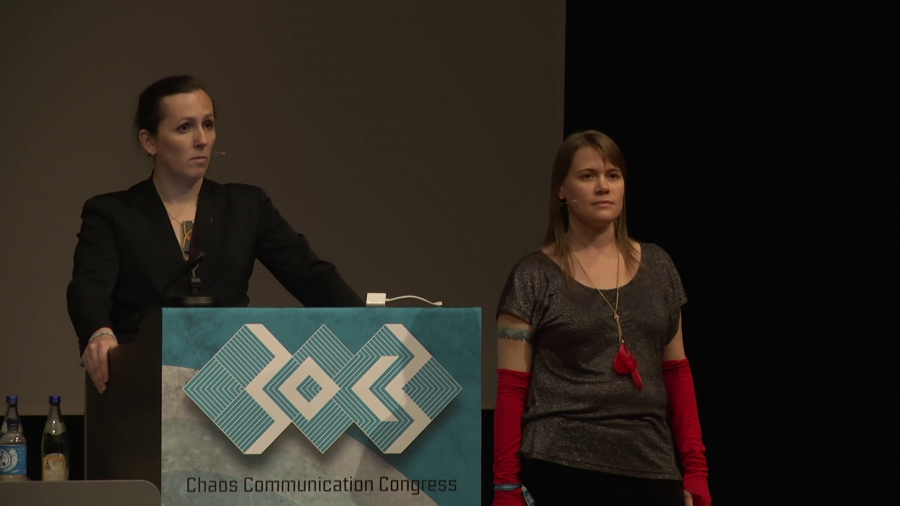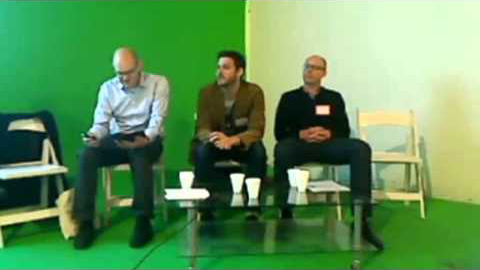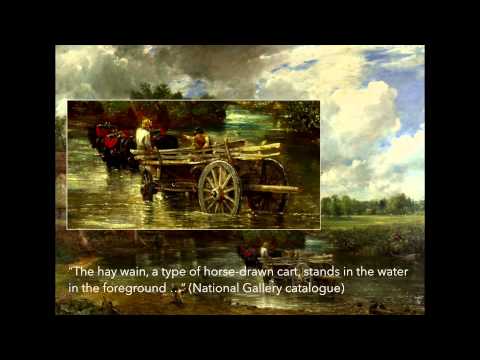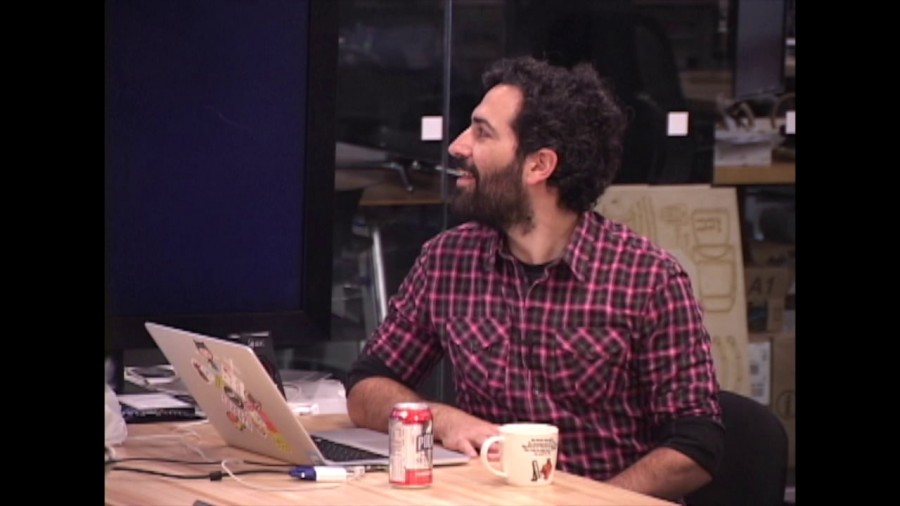Throughout the colonies of the various European powers, water engineers used dams, ditches, and sluices to control the flow of water. They claimed that their approach to water management was more rational and efficient than existing indigenous approaches.
Archive (Page 7 of 7)
In this episode, we’ll take a broad understanding of the term “technology” and look at how processed and techniques have affected the way in which societal benefits from certain types of seeds have spread across the world, from indigenous knowledges, to biotechnology, and patenting and privatization of seeds.
We firmly believe that no technology is neutral, and that power and technology are inextricably interlinked. In this podcast, we want to explore this relationship further, thinking about the power dynamics that are, and have been in the past, created by technology.

Geek culture and hacker culture used to be relatively apolitical, but now every action that you take and every piece of code that you write has political effects. You may may intend some of these effects, you may not intend most of these effects, but they’re there and we need to start thinking about and understanding these changes.

[The] persuasion model advanced by Rushkoff and Lasn is particularly useful for thinking critically through a variety of recent politically-oriented web phenomena like profile picture changing campaigns, political viral videos, hashtag activism and the like.

I’m going to be talking about how the arts engage ethically and politically with the technization of the food chain, the chain or flow of sustenance from field to dinner plate. This is an inter-disciplinary talk but don’t worry, I won’t be claiming quite that poems and paintings are computational machines for working out social policy, because that would be crazy. But if I’m not willfully misunderstanding Joscha’s excellent talk on the computational universe, it seems that a likely candidate for the substrate of consciousness is the numinal, the realm of ideas, and that’s precisely where art and literature lives. So it’s the ideal place for deep processing of ethical issues, the big issues like food and tech.

